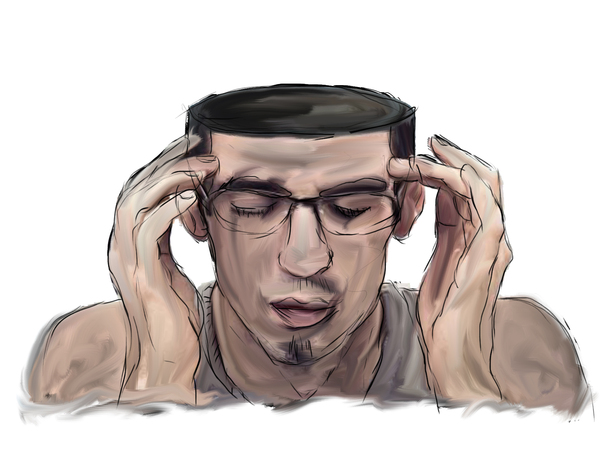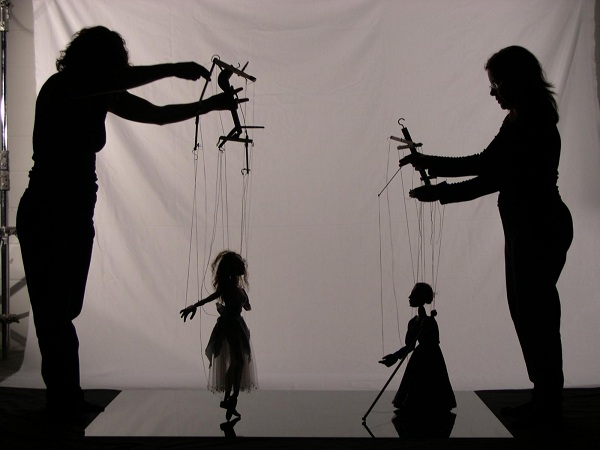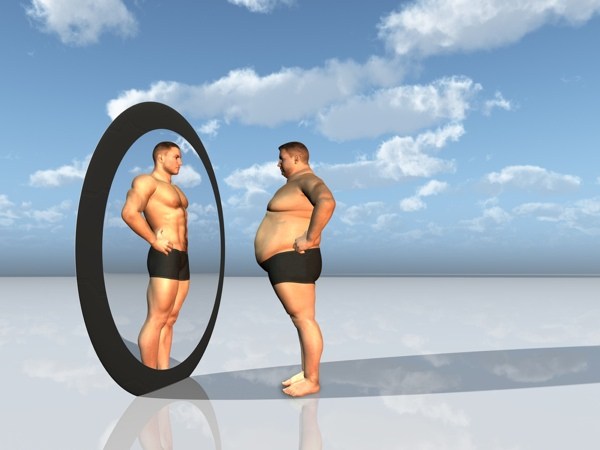We get an inside look at what affects us inside during the Placebo Effect.
“It’s all in the head”:we’ve all heard that refrain, in all manner of motivation speeches, friendly advice and movie climaxes. But in placebo effect, it has an actual scientific basis. Placebos, named after Latin for “I shall please”, are treatments that trick minds into registering an improvement in health, even when no objective change has taken place.
Placebo effects aren’t new either. Doctors associations have been debating its ethical and medical feasibility for a long time. But before you can decide what’s right and wrong, you need to know how placebo effects work:
The Predisposition
Placebo effects begin as either positive expectations or classical conditioning. Expectations play a role when the patient is extremely convinced of the treatment. Such patients are predisposed to sensing an improvement. The others have been classically conditioned by constantly identifying the effects of the stimulant with the placebo. Eventually the subject begins to feel the stimulation, even when administered the placebo.

The Hormones
One of the most potent ways for the brain to affect your physiological reactions is by release of hormones. Placebo effects lead to a marked increase in release of opoids and dopamines. Conversely, a nocebo effect –the opposite of a placebo effect, which creates a divergent response – works by suppressing the release of the particular hormones.
Vital signs
One of the first signs of a placebo effect taking hold is in altered heart rhythms and blood pressure. As the perception-enhancing hormones are released into the blood stream, the body acknowledges the changed circumstance by either increasing the heart rhythm, when the placebo is a stimulant, or by decreasing the heart rhythm, in case of placebos which work as depressants.

Evolved body responses
A placebo effect, if applied on the same patient a number of times, could lead to an evolved symptom, like people who develop fever to rid their bodies of germs. However, such placebos don’t work in all circumstances. The same fever-response might not be as active in case of pregnancy and/or malnutrition.

Placebo effects are a useful tool in the doctor’s hands – one he isn’t able to use fully due to professional and ethical conflicts. But you can. When it comes to placebos, it’s just about acting on your intuitive beliefs.



